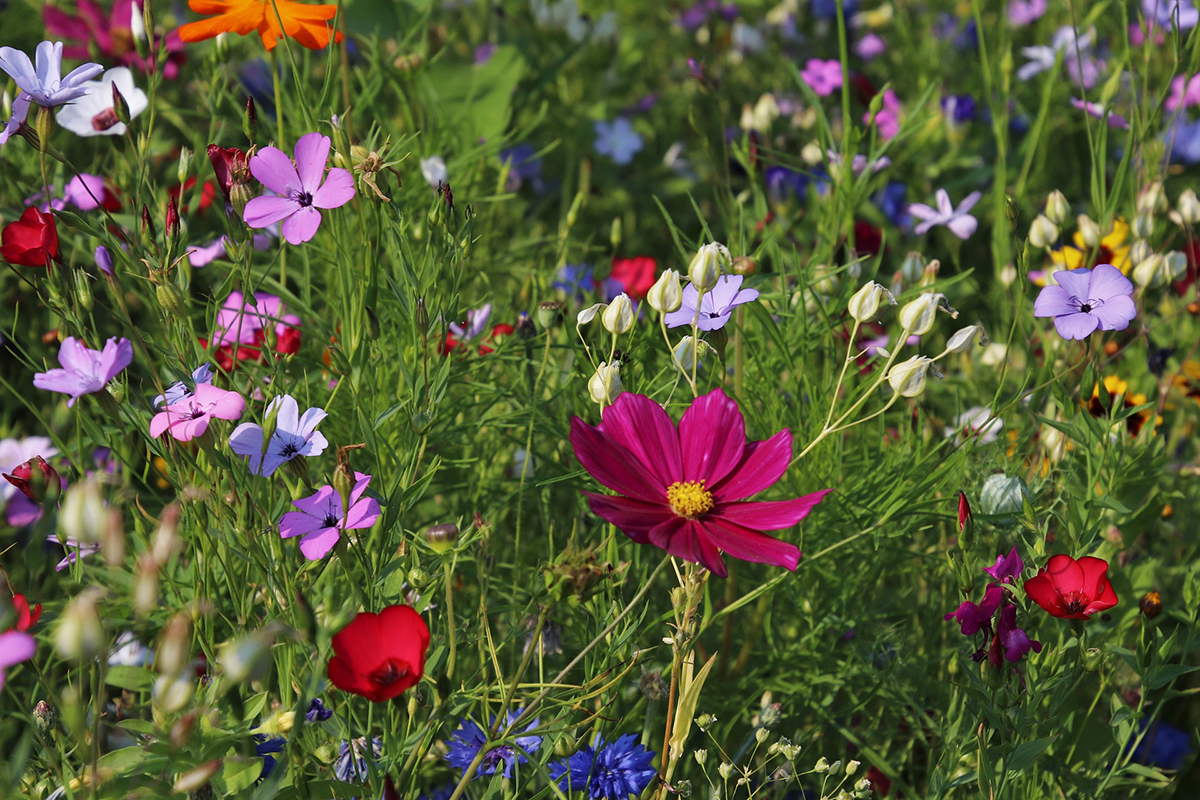Who was the Gardener?
Once upon a time, many years ago around 1700 to be precise, the gardener was a figure that brought together the architect, the landscaper, the gardener, the historian, the commercial and who knows what other figure.
The gardens of Versailles, Schönbrunn, Granada, Stupinigi and Caserta were designed and executed by the gardener. Over time, specializations have fragmented studies and today, if you want to build a park like the one in Versailles on your own, you need to have like 10 degrees.
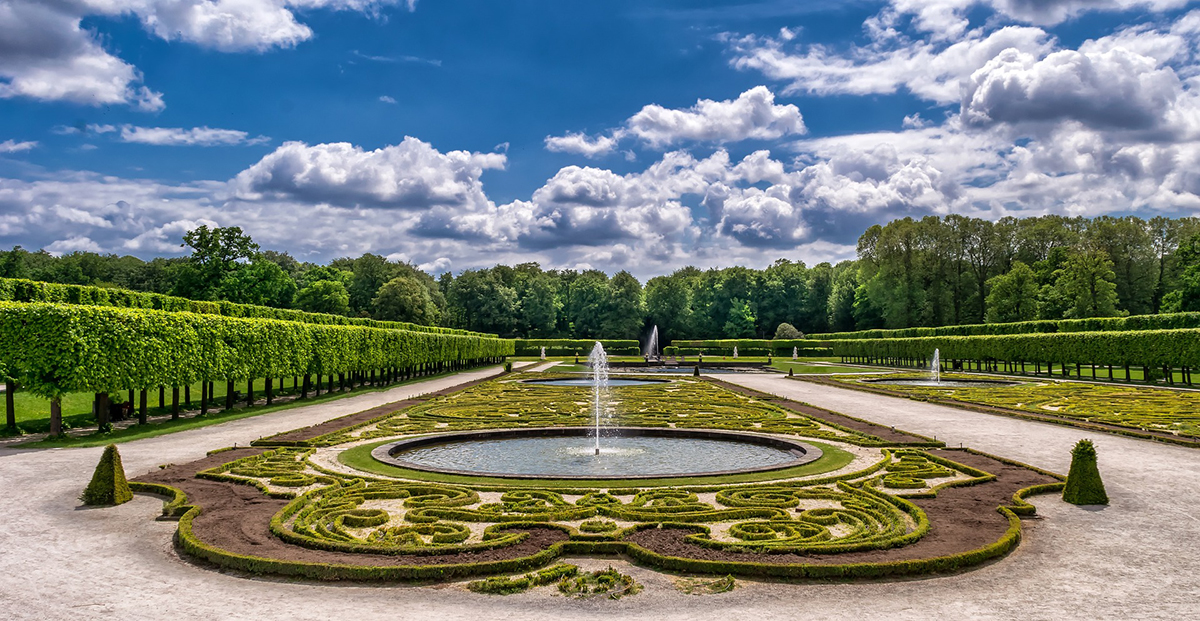

So who is the gardener today?
“…The gardener (greenery maintainer) is the person who takes care of […] creating and maintaining parks, gardens and more generally green areas (public or private). in particular performs Pruning, Mowing and Cutting actions relative to plants, trees and hedges.
In other words, it takes care of the correct growth of the greenery, carrying out all the operations necessary to achieve the objective (including irrigation and other potential interventions).
Among the major tasks there is undoubtedly that of carrying out seasonal treatments and preserving the plants from the potential risk of parasites and other deteriorating factors.” (corsiformazioneroma.it)
But let’s start from which schools are available in Italy for the person who decides to become a gardener.
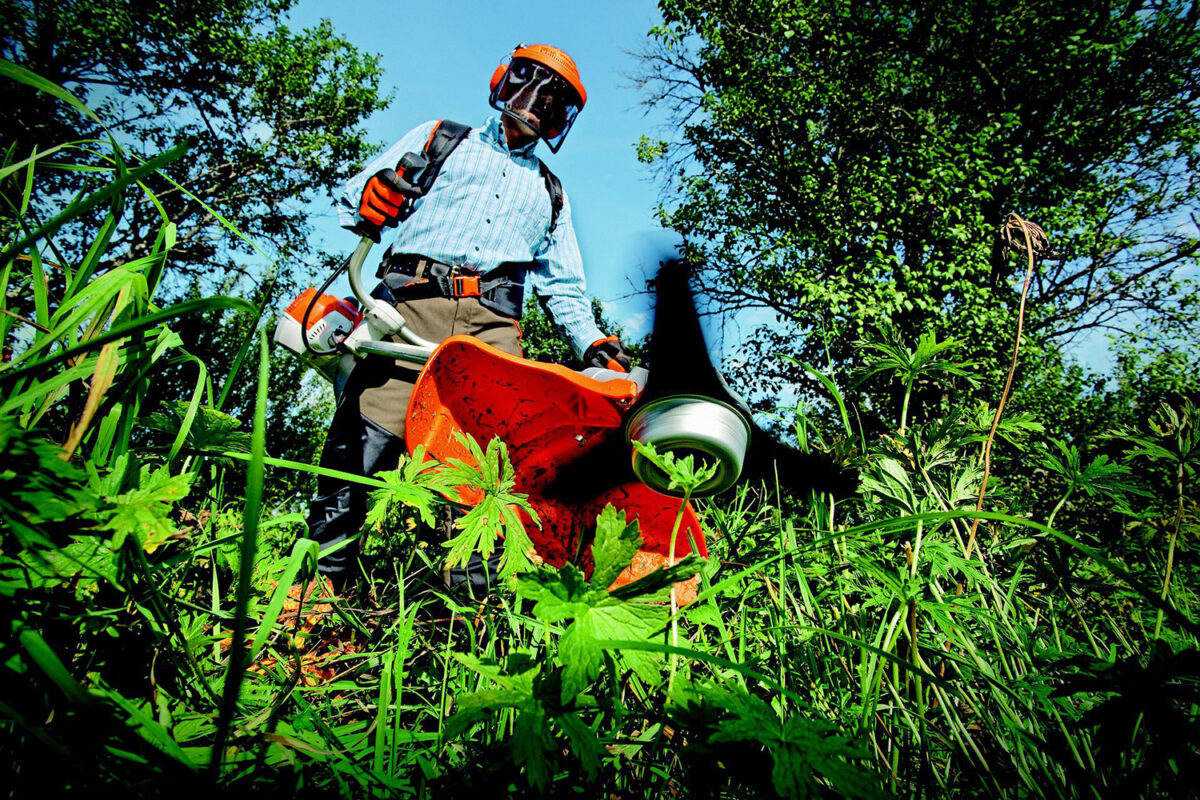
What school does the gardener go to?
In Italy there are various possibilities. It is possible to attend a public school such as the Agricultural Technical Institutes or you can choose a private or certified school. It is important to go to school and not invent a profession without a certificate because, knowing the dangers one incurs, many dangerous and useless accidents can be avoided. Furthermore, studying is the best way to preserve the environment and best advise the customer. In Lombardy two schools, very renowned for the professionalism they are able to give, are the Agricultural School of the Monza Park and the Minoprio Foundation. However, they are not the only ones. If you want to recommend other schools we will be happy to publish them.

But what do you learn in these schools?
The gardener is a profession to which one approaches for passion. For this reason, rather than making a sterile list of subjects or acquired information, which could curb the enthusiasm of a young mind, we prefer to tell what they will be able to do out of there. Then you know that if you want to become good you have to study 😊!
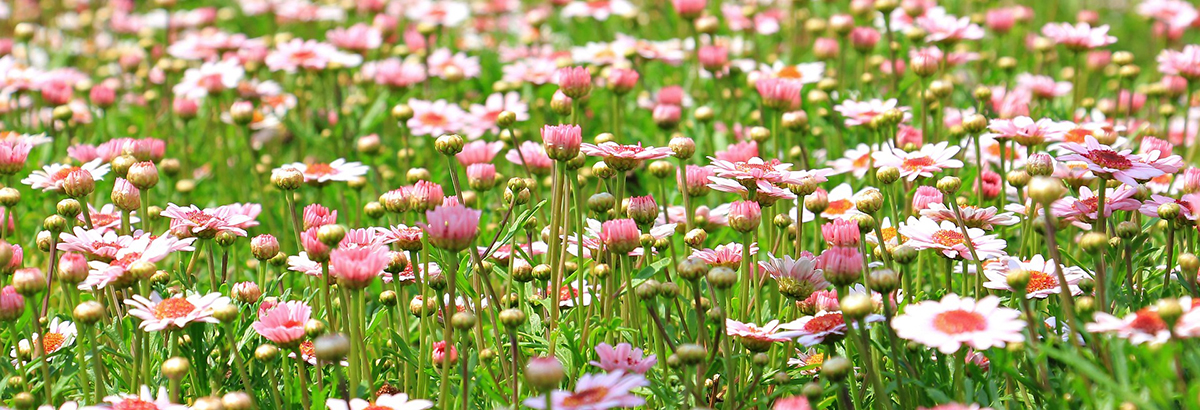
So what will a gardener be able to do?
Gardeners will be able to create a irrigation system, learning the name of the pieces that make up the system, the most used brands and the differences between them and cunning in managing the system. Or they will become passionate about the creation of a lawn ex novo, or the previous preparation of the land that must accommodate it. The preparation of the land will also pass through the study of the soil that they have to work in order to advise the owner on the best type of essences to plant. When everything is ready they will be able to cultivate plants of different kinds and species, they will therefore know their characteristics and behavior through the practice of plant recognition, so as to support the landscape designer or agronomist, if necessary, in the success of the project. They will know how to take care of the trees, because they know when a tree is not well or has some disease or problem. They will know the laws that regulate the good ownership of a tree (in some municipalities the plant cannot protrude from the property fence). Furthermore, having studied plant diseases, they will also be able to cure plant and lawn diseases. They will learn to use the tools needed for this job and will have to be updated on industry news. Perhaps they will also decide to take the Tree-climbing course to learn how to prune tall trees without the aid of manual or electric ladders.
Finally, he will learn what are the limits of his profession and when and with whom he must collaborate when the job requires different but complementary professions from his own.

Is the gardener a complex figure?
Yes. The gardener is a complex figure. But why? Because he may wish to approach the world of gardening and by studying he realizes that the knowledge acquired in the field is not enough for him and he also wishes to understand the world of design or care of plants or irrigation, etc.
The professional could discover a great love for plant care and deepen with studies aimed at opening a nursery. He may discover that designing a garden gives him more satisfaction than building it and therefore taking garden design courses, deepening topics usually in the hands of an architect such as the distribution of spaces, the management of a team and “turnkey” work or the deepening of the concepts of beauty and harmony – themes perhaps perceived as less important but equally fundamental for the success of the work. He could become an arborist and choose courses dedicated to that role. In short, we could say that the work of a gardener can give great satisfaction once you have studied to become one, but it can also be the beginning of a more complex training path where the final professional figure will be able to design and build any complex green space, alone or with one or more teams.

How much does a gardener earn?
From the estimates found on the net, it does not seem to be a highly remunerative job if carried out as a simple gardener. Surely, the seriousness and honesty in working alongside a great competence acquired over time will be able to give better and even great economic results. It always depends on various factors including the individual professional’s ability to sell himself.
It seems to start from around 21,500 euros a year. Everything changes if you upgrade your workforce and turn it into a gardening services business or nursery/garden center.
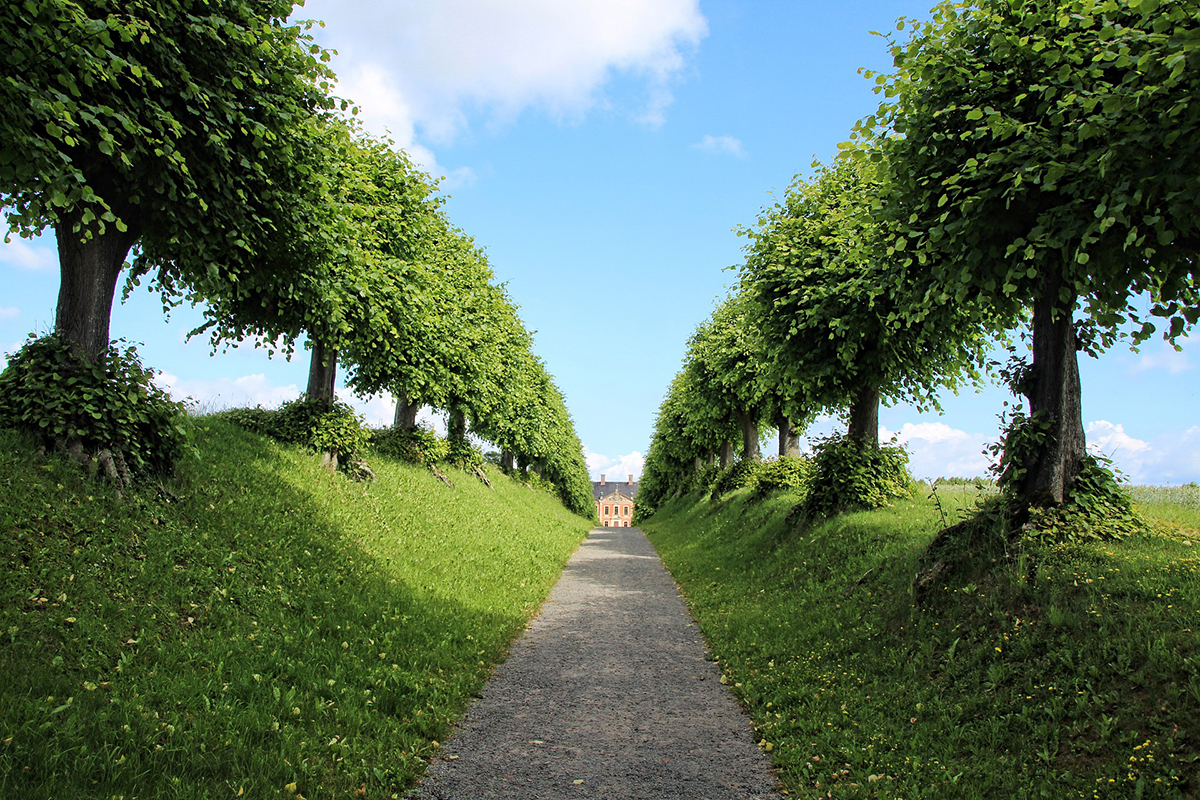
Meditation of the garden world
Learning to work collaboratively, where once you finish your part you draw on another professional who has the skills you lack is not negative. Why take the responsibility of doing a part of the work with a skill you are not well versed or sure about, risking customer dissatisfaction? Isn’t it better to entrust that part to a colleague, also relieving himself of the relative responsibility?
The work will be performed to the best of possibilities, the customer will be satisfied and will produce other customers by word of mouth, every professional figure will have earned something and maybe even all the professionals in the field will have learned something. How many positive sides. It is not true?!?
It would have been nice to share your work with someone you got on well with and your work could be published – for example on mondodelgiardino.com 😊
And if you want practical information on the work to be done in the garden, follow mondodelgiardino.com with its articles on, for example, “HOW TO UNDERSTAND THE COMPOSITION OF A SOIL” or “HOW TO WATER THE GARDEN“.
A new culture, book, event or cultivation article is published every week!
Now on horseback! Work awaits us! Our new wonderful outdoor space is about to be born!
GOOD WORK and … if you have any questions please write to info@mondodelgiardino.com
Image sources: thanks to Bianca, Rudy and Peter Skitterians, toodlingstudio, S. Hermann / F. Richter, Peter H, ❄️♡💛♡❄️ Julita ❄️♡💛♡❄️, Greg Montani, Vũ Phạm Phương Linh, Pexels, Michael Drummond photographers on Pixabay.


